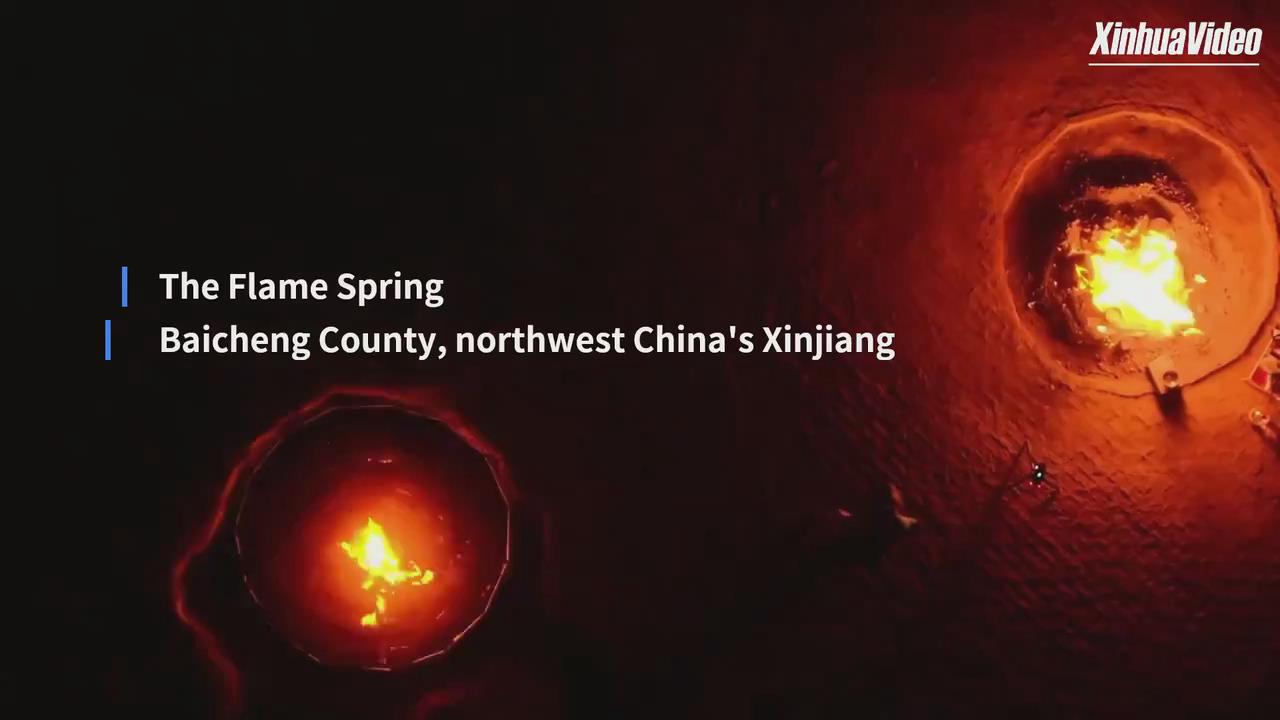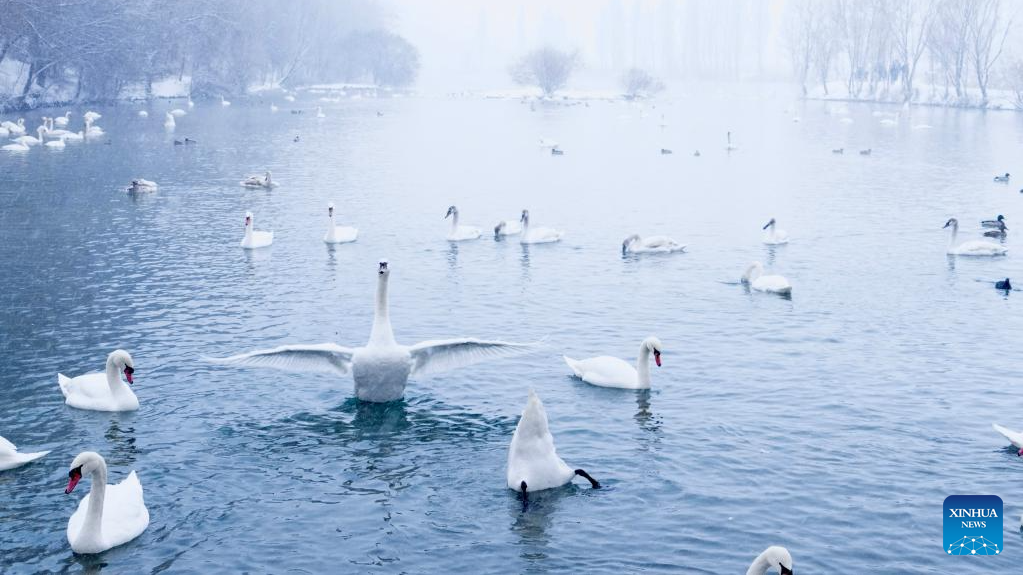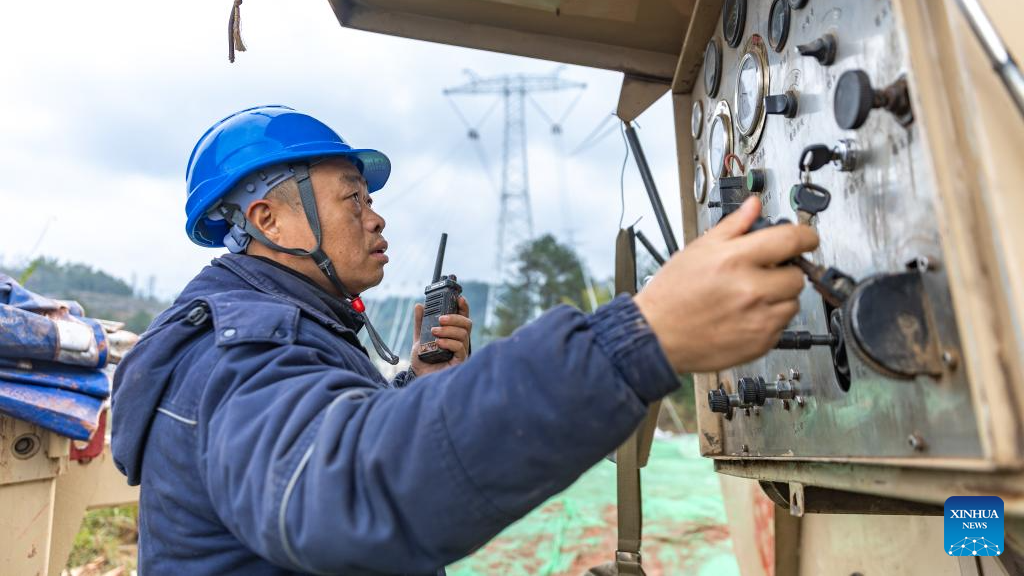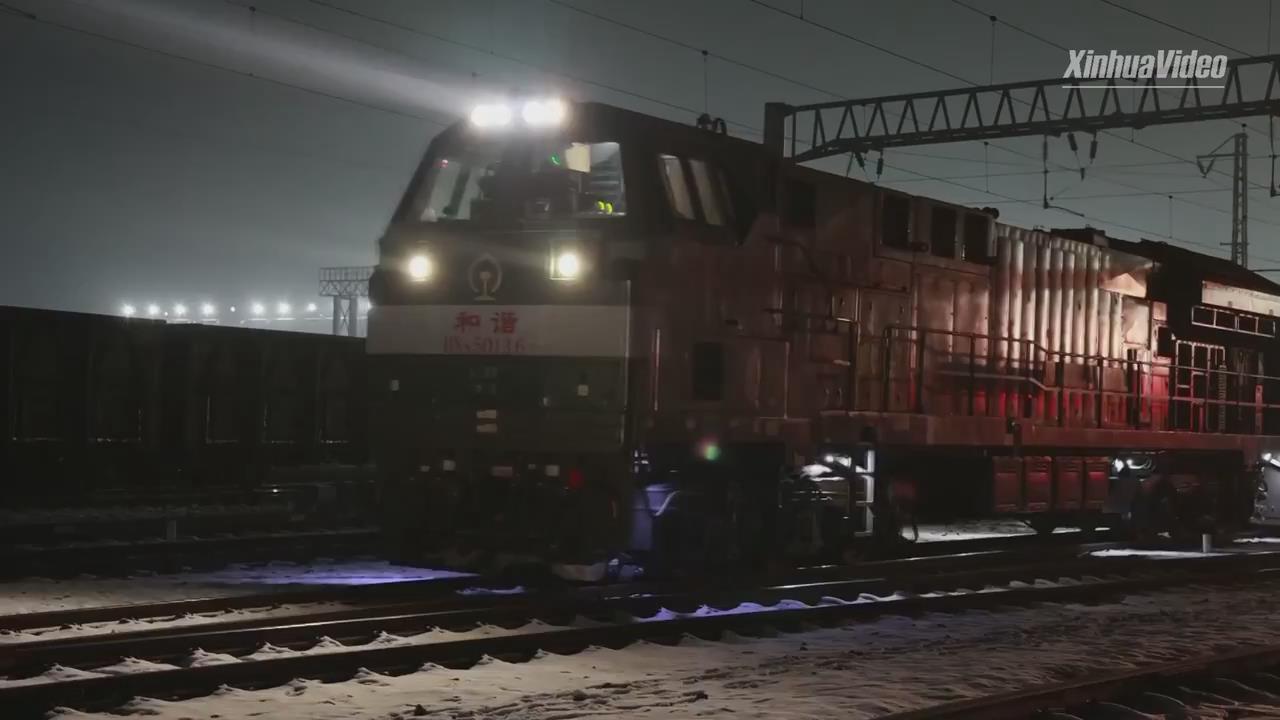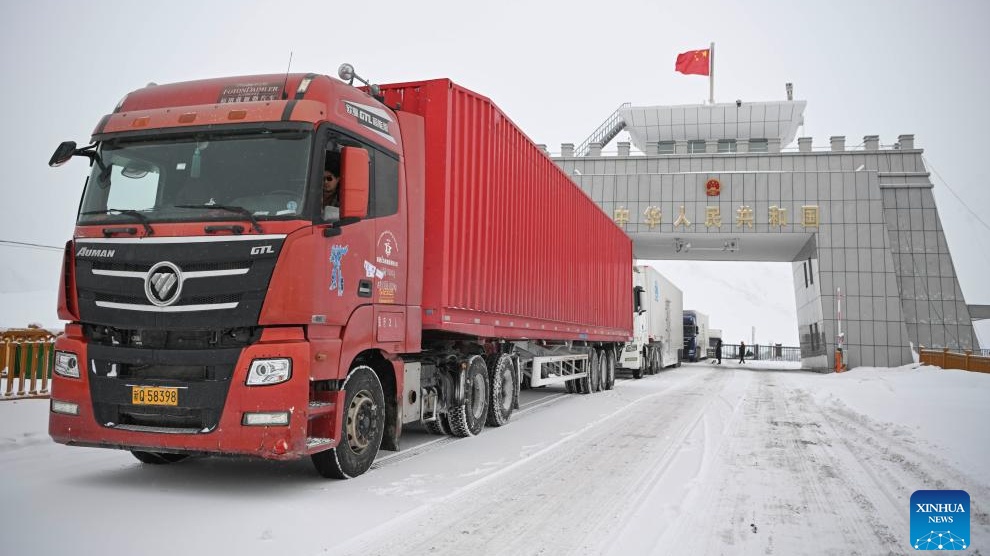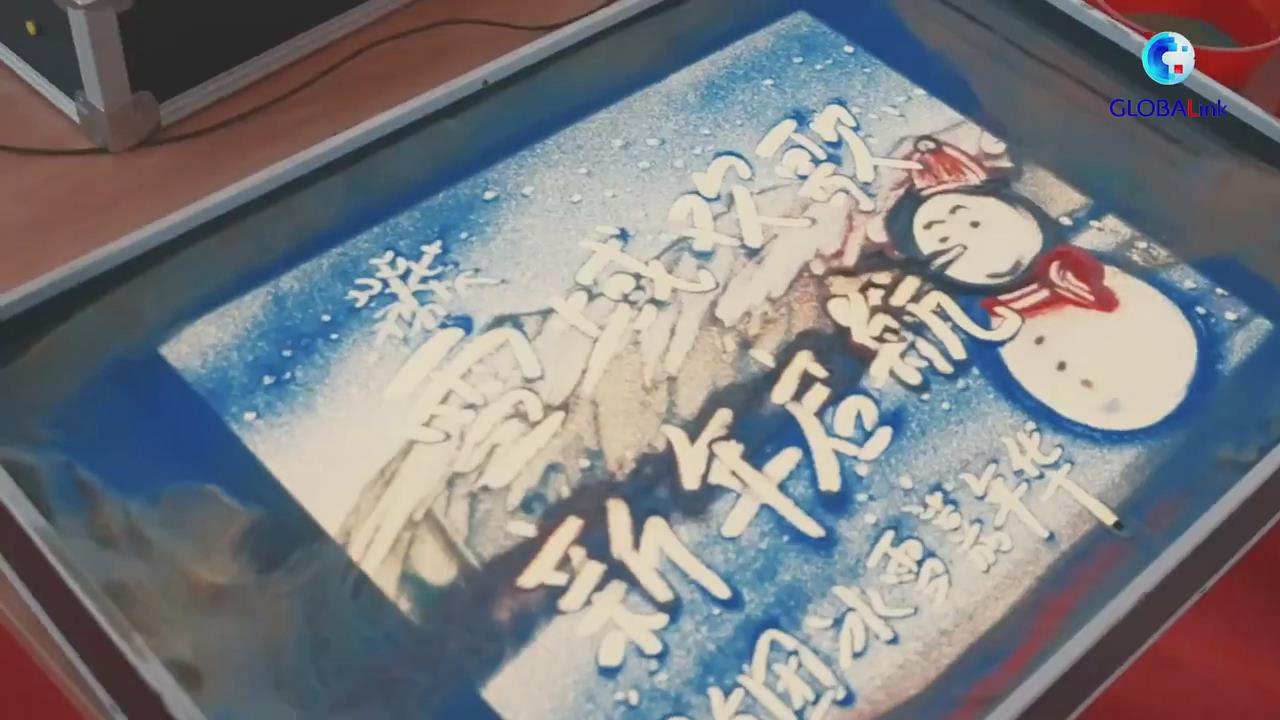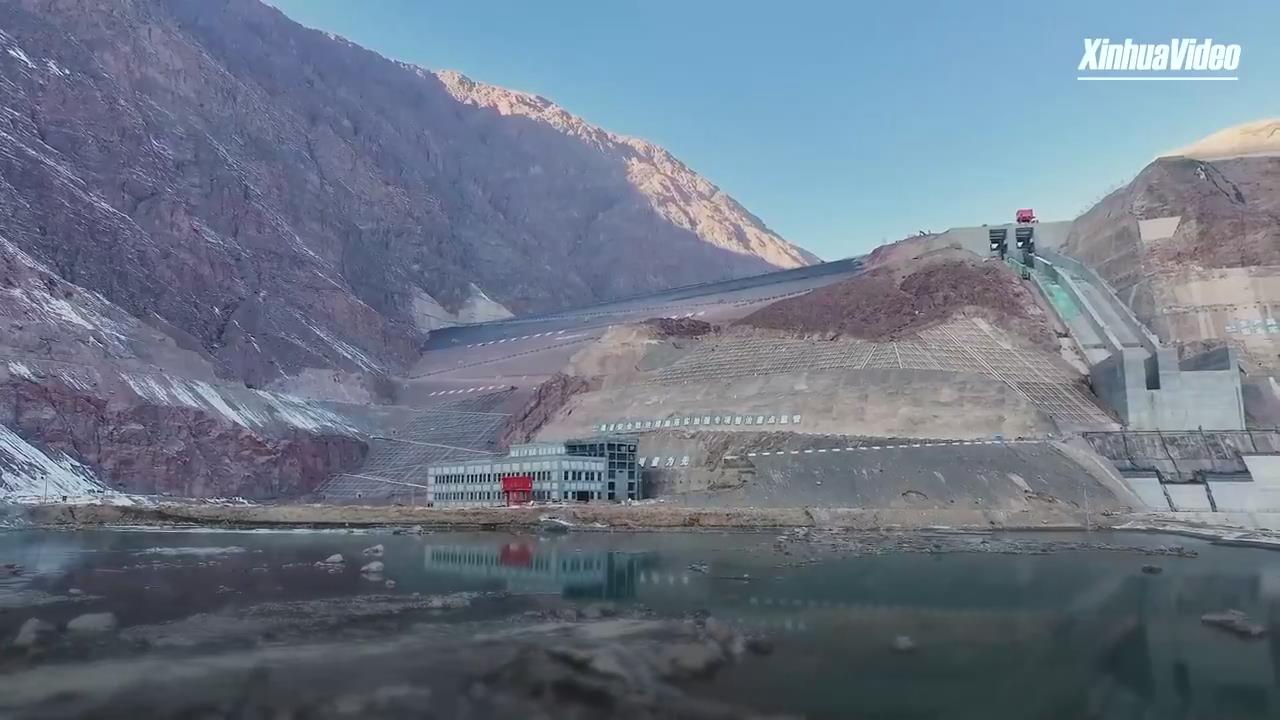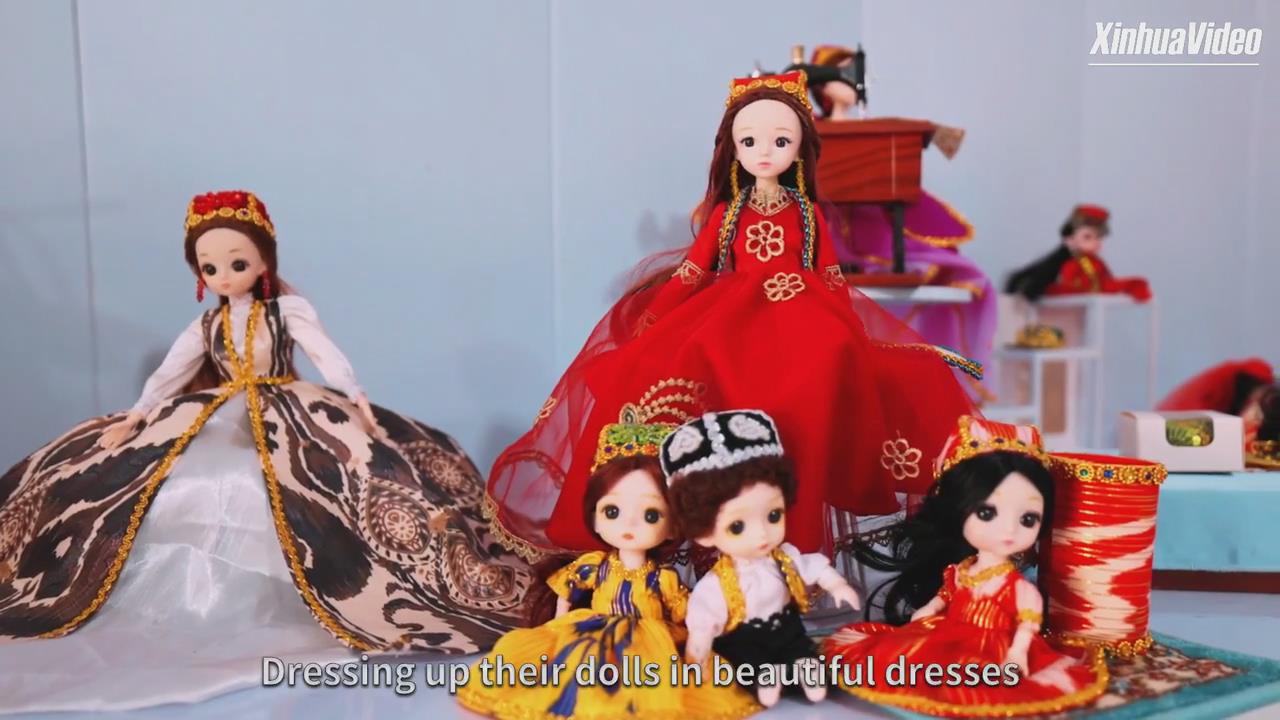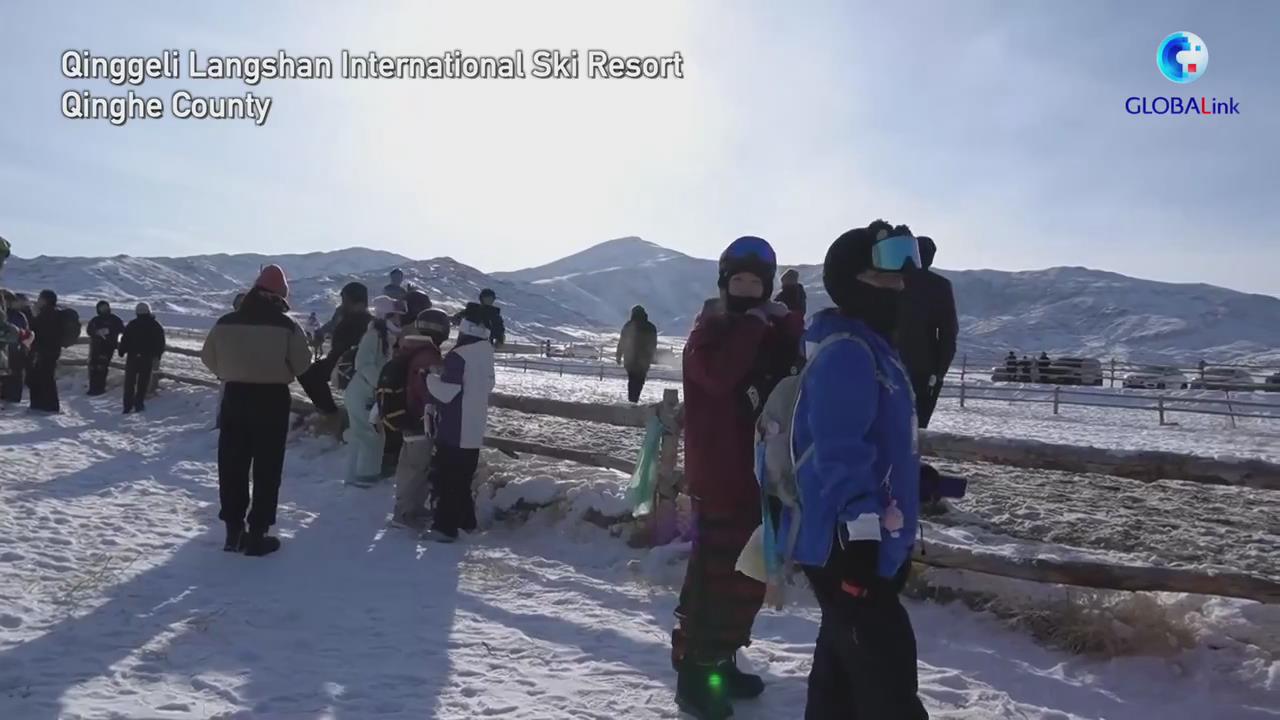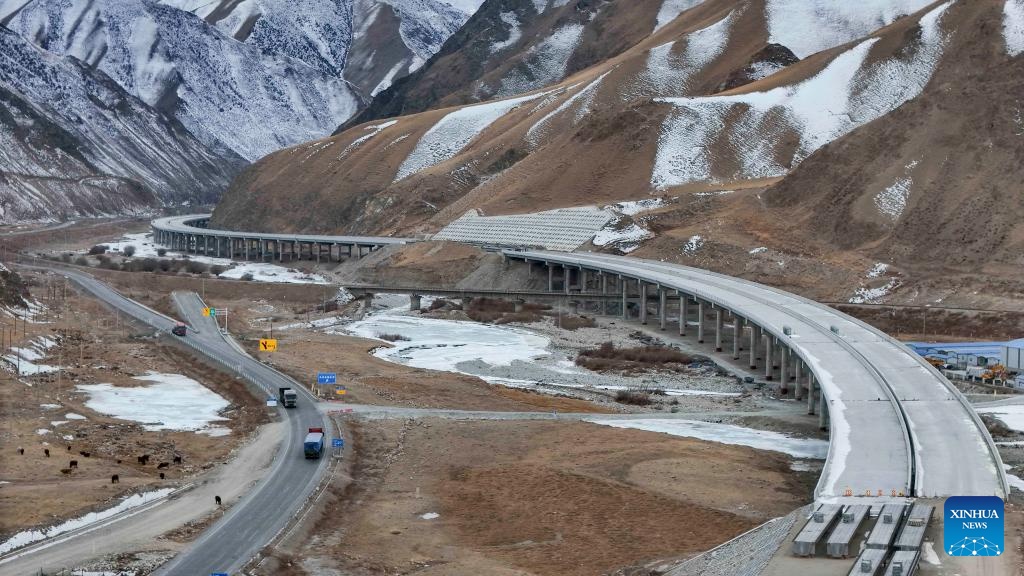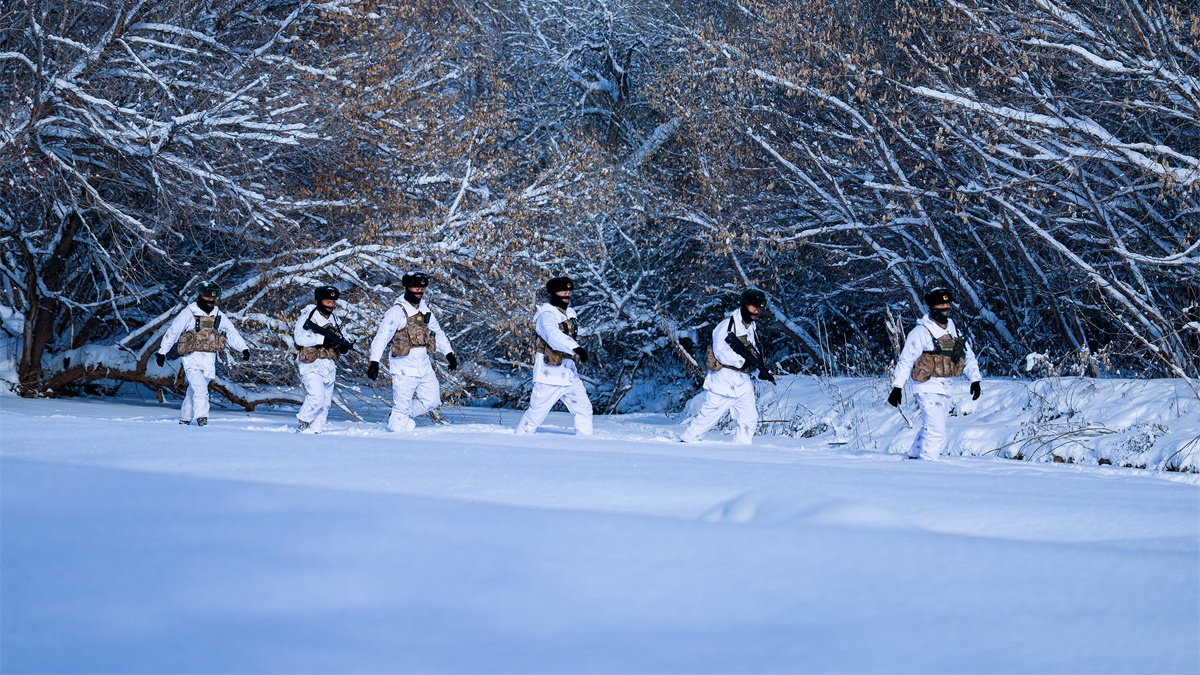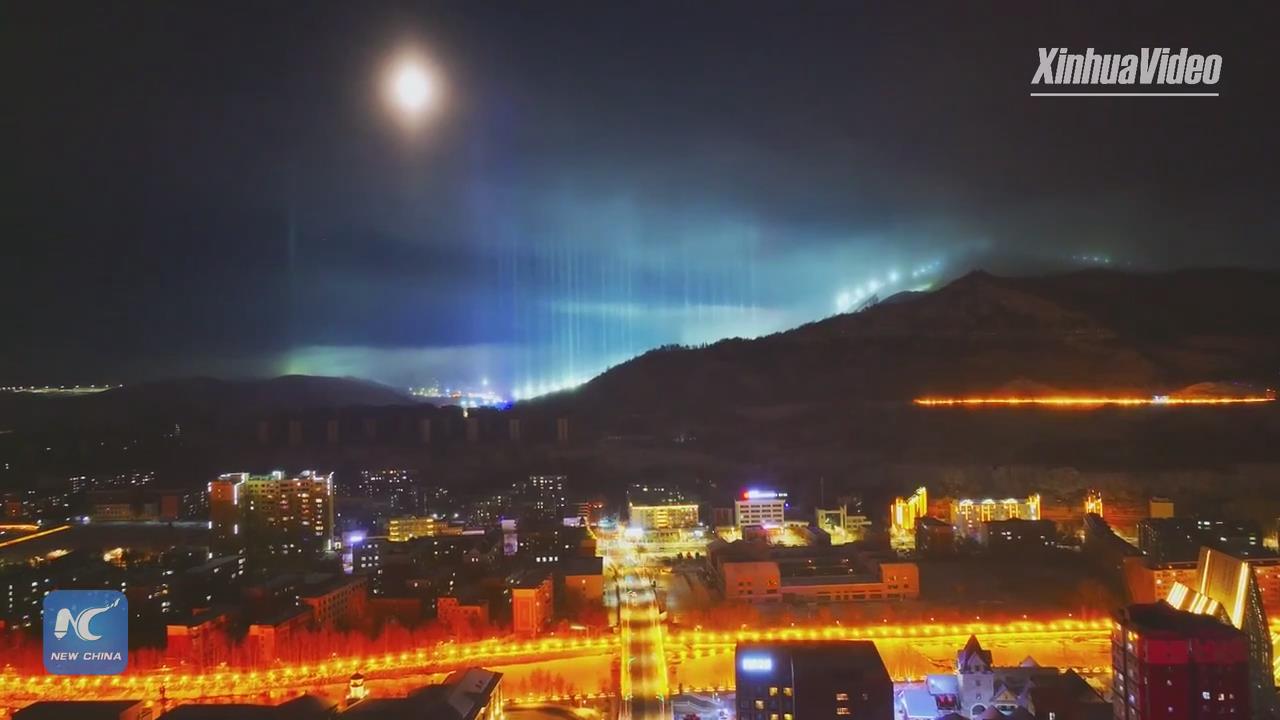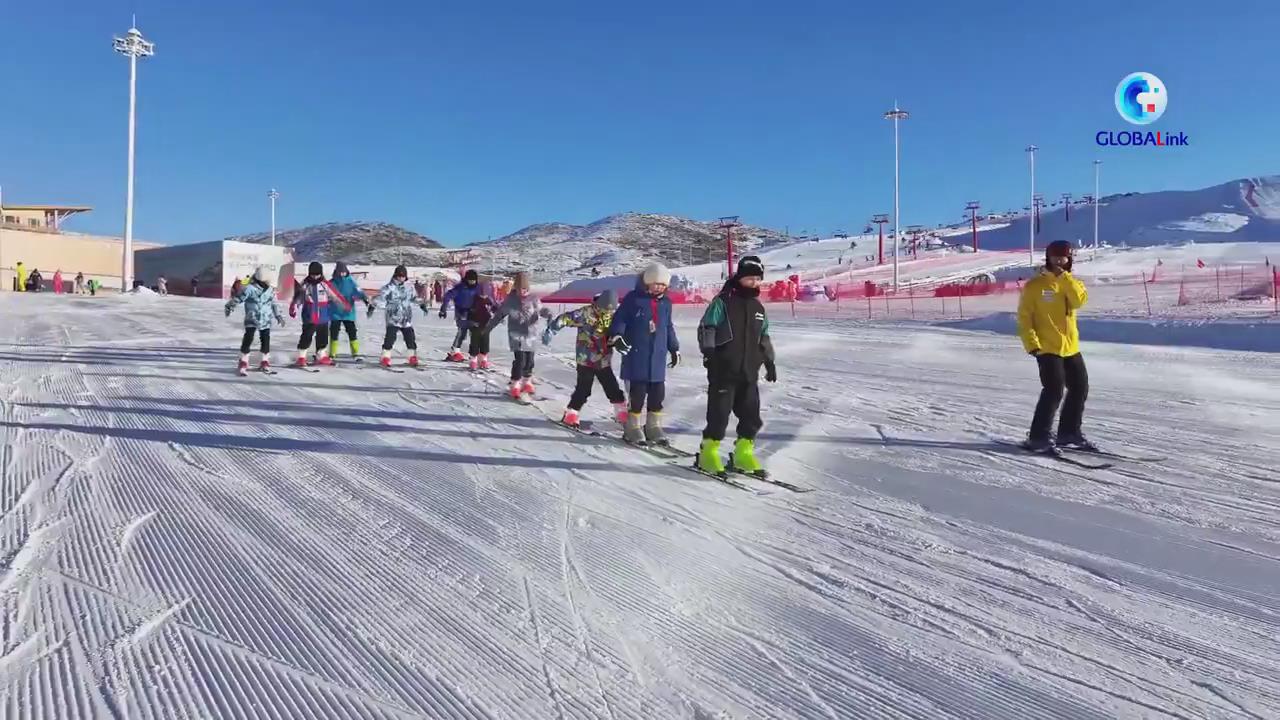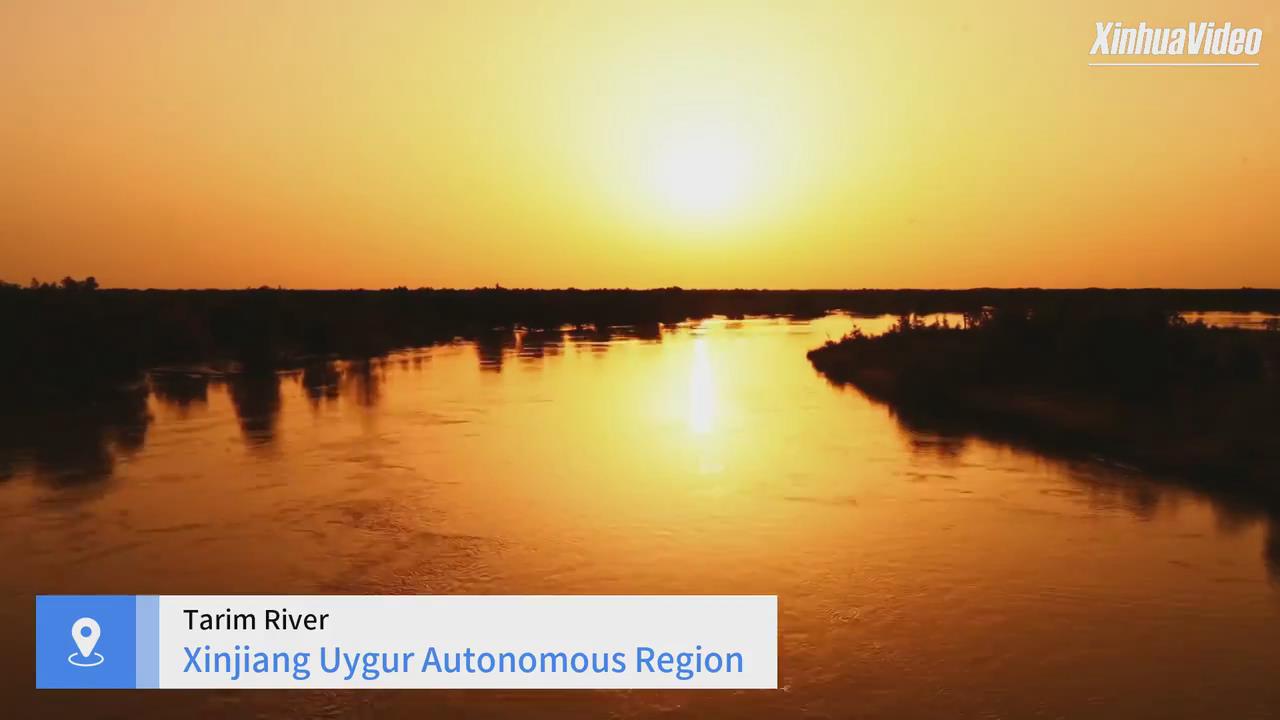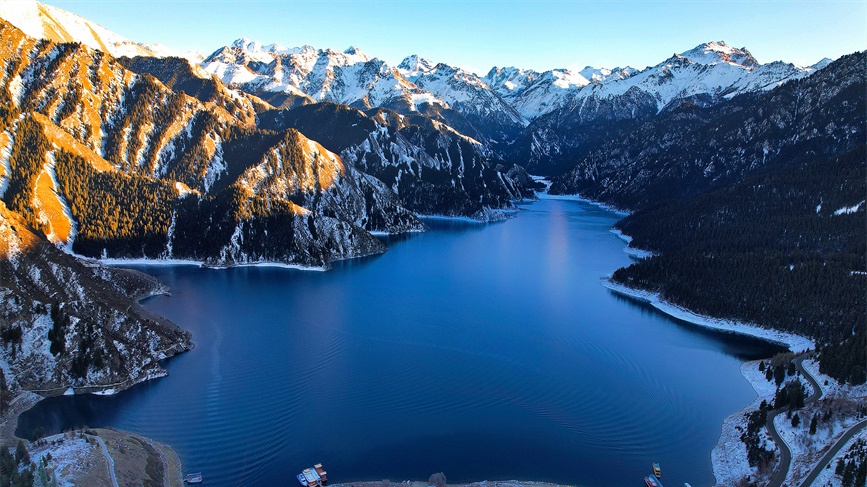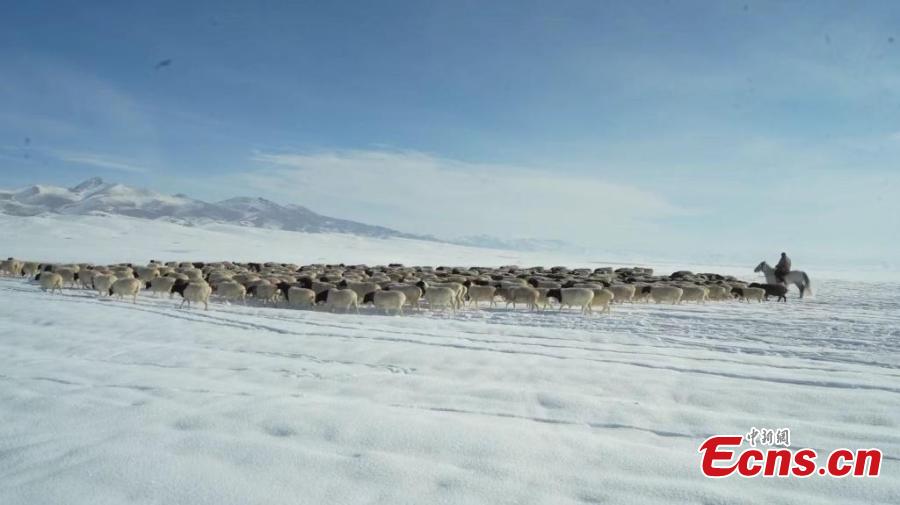If you speak to the customs and foreign trade department in Taxkorgan Tajik Autonomous County of Xinjiang Uygur Autonomous Region, northwest China, you will surely hear the name "Old Sai. " This is the affectionate nickname given to Saifullah Baig, a Pakistani trader who has acquainted himself with nearly every staff member there.
"I have been engaged in business activities between Taxkorgan and my hometown since 1990," said Saifullah, 65, from Hunza, Pakistan, in fluent Chinese.
Old Sai earned his first gold nugget transporting silk from Kashgar to Islamabad. With the seed money, he has opened up a store in Taxkorgan, selling Kashgar products to Pakistani traders.
Situated on the Pamir Plateau, Taxkorgan is home to the renowned Khunjerab Pass, which lies on the China-Pakistan border. Border trade is one of the county's pillar industries.
Throughout his career, Saifullah has purchased numerous carpets, leather jackets, electric ovens, and other made-in-China commodities. He then sells these products to other Pakistani traders, and they are transported through the land port of Khunjerab before reaching families in Pakistan.
Over the decades, Saifullah has become a proud businessman with strong connections and several purchasing channels.
"I have Chinese business partners in Korla, Hotan, Aksu, Urumqi and other Xinjiang cities," said Saifullah. "I plan to expand my business to Horgos this year. I heard the border trade in the land port city is doing well."
Diao Guifa, a young director of Taxkorgan's border trade service center, has known Old Sai for six months. After the COVID-19 restrictions were eased and the China-Pakistan border trade resumed in the county in June, Saifullah brokered the first order -- a batch of carpets and handicrafts worth 30,000 yuan (4,112 U. S. dollars). "Old Sai knows China well, and has many Pakistani business friends. He's been helpful in Taxkorgan's border trade," said Diao.
"I have witnessed the development of Taxkorgan," said Saifullah, calling himself "an old Taxkorganer." "In the past there were only horse carts in the county. Now cars are everywhere."
To describe the pace of China's development, he made a gesture of a plane taking off. He happily took out a photo of his three-story house in Islamabad, bought with the profits he has made from his cross-border business.
These great changes have also been felt in the way he travels. Saifullah's father and other Pakistani traders before him had to ride on horseback to trek on the ancient Silk Road over the Karakoram Mountains for two weeks, only to bring back dozens of kilograms of goods. Today, it takes only six hours by bus to travel from Hunza to Taxkorgan.
Saifullah plans to pass on the family tradition of doing border business to his younger son Karim Ullah Baig. The 29-year-old man is no stranger to the small border county. When he was studying in the Changzhou Vocational Institute of Mechatronic Technology in Jiangsu Province, east China, Karim regularly set out from his home of Hunza and travelled through the Khunjerab Pass in Taxkorgan. From there, he would transfer to Kashgar to take a flight to Shanghai before reaching Changzhou.
"I'm getting old, so I'm counting on him," said Old Sai. "I can only speak Chinese, but Karim can write Chinese, too. He also has more innovative ideas."
Old Sai wants to teach Karim all he knows about doing business on the China-Pakistan border as he is confident of the prospect of the China-Pakistan Economic Corridor, an important pioneering project of the China-proposed Belt and Road Initiative.
"We are neighbors," Old Sai loves to say. "The friendship between the two countries has lasted for more than 1,000 years, right?"


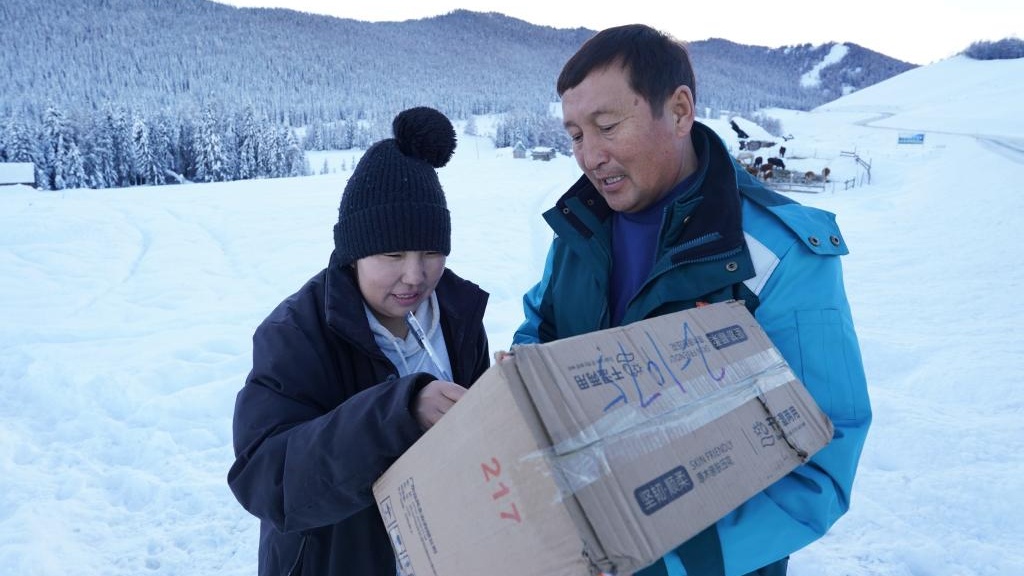


.png)

